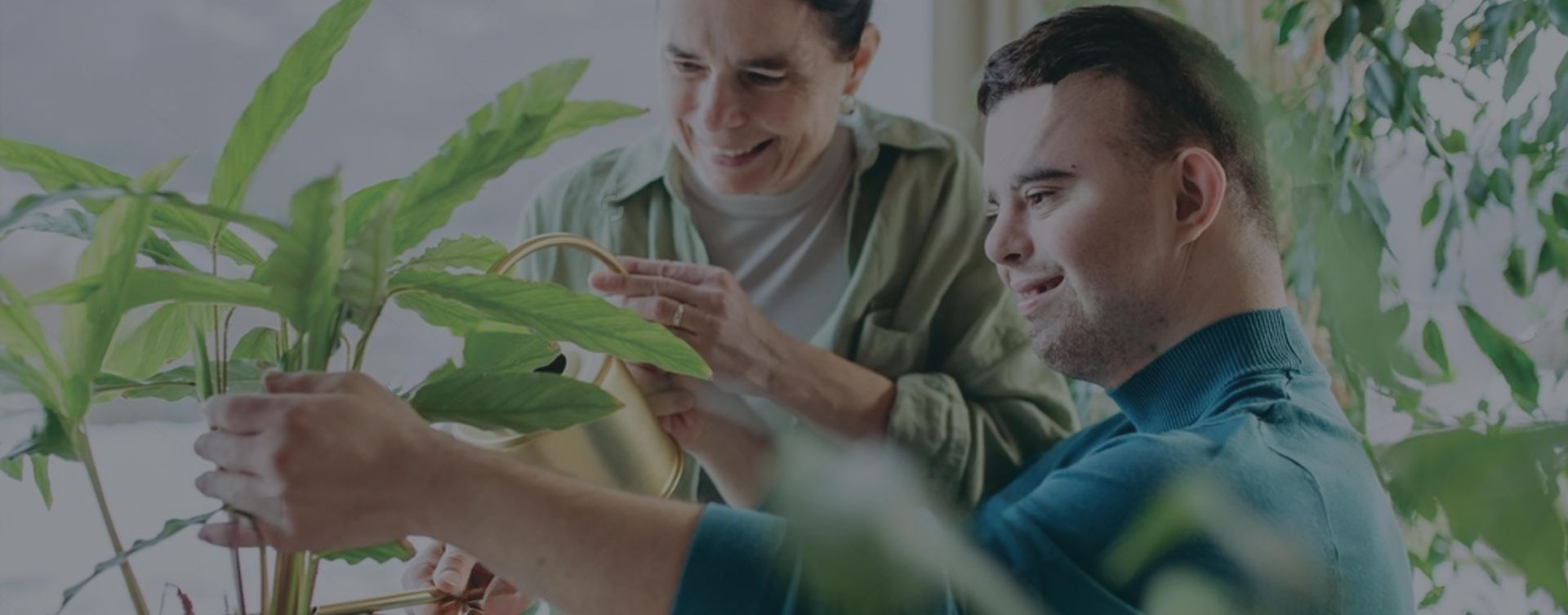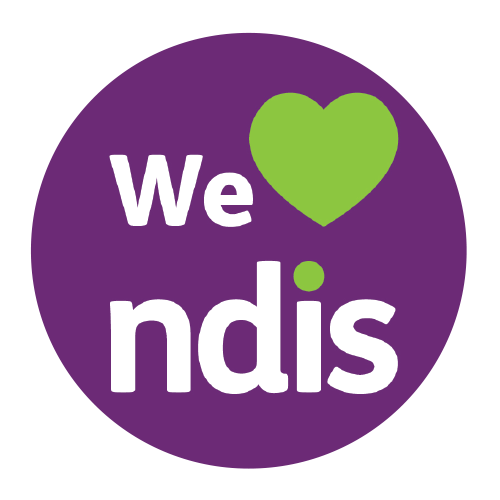All About Dry July
Its Dry July!
Let’s give a cheer for going alcohol-free!
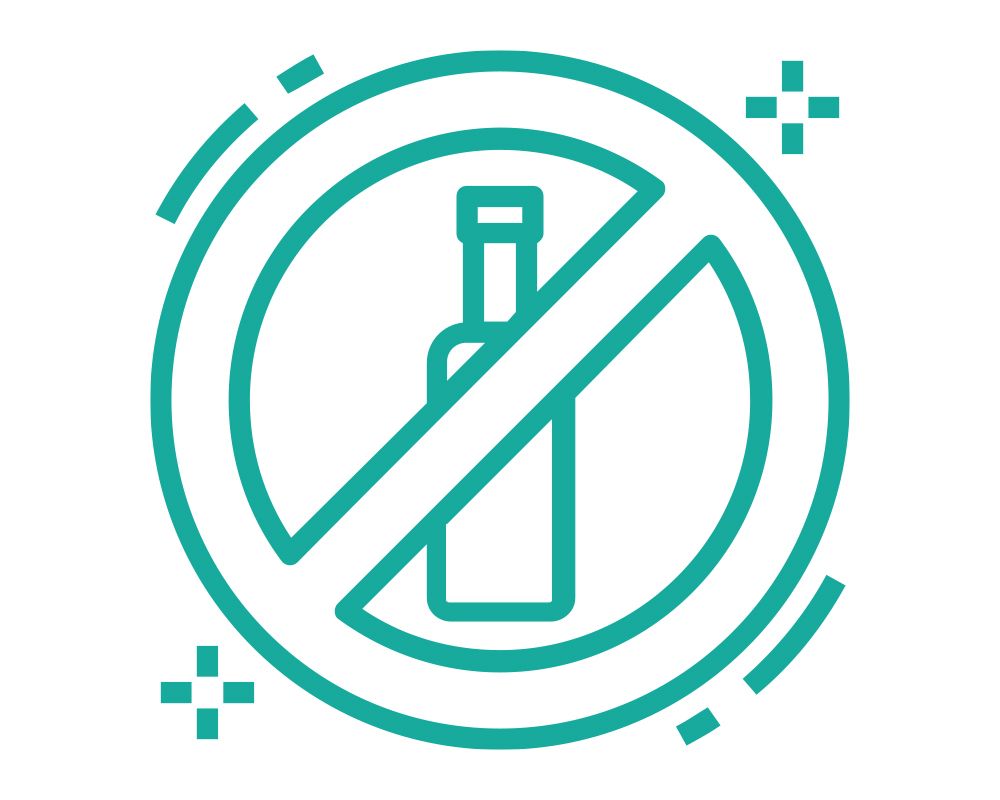
About Dry July:
‘3 Men Walk didn’t into a bar’…. that’s how Dry July Started!
The first Dry July was started in July 2008 by three friends, Brett, Kenny and Phil, who decided to give up alcohol for a month – not only did they decide to go dry, they decided to coin the term Dry July for a good cause. Each pledged to go alcohol free for the whole of July, starting a campaign that would raise funds for Cancer and started by asking their friends and families to sponsor them in this initiative. The Aim was simple – raise $3000 to buy a TV for a hospital waiting room and instead they ended up raising $250,000 with the support of Adam Spencer.
3 Men, one small commitment and the birth of a massive campaign!
It only took 3 blokes to make an incredible impact!
Its a win-win situation – Dry July provides funding for much needed consultations, comfortable waiting rooms, advice from specialist nurses and most importantly raising awareness with a firm foundation. It doesn’t stop there though, Dry July has massive impacts on your own physical health, so in helping others you help yourself!
Reap the Benefits of going Dry, facts about going alcohol free!
- Better Sleep – did you know alcohol leads to poor quality sleep. Statistics show that just one week of avoiding alcohol puts a spring
a strong in your step, with extra wakefulness during the day, better work performance, better sleep and improved concentration!
If that’s what one week can do, imagine a whole month! Say goodbye to fatigue and Good Morning to feeling rejuvenated.
- Slows down weight gain – alcohol affects the liver which in turn affects your metabolism and how your body absorbs sugar and fats. If alcohol becomes the focus of metabolism in your body, you’re going to store body fat and alcohol is loaded with kilojoules.
Give your liver a rest, and you are going to slow down weight gain and stabilise blood pressure.
- Improvement in Mental Health – We often use alcohol as a coping mechanism, but is it really working?
A temporary respite to let down your hair, but we can guarantee that the next day that anxiety and stress are still going
to be in the exact same place you left them. Use Dry July as a time in introspection, find out what you are really avoiding
feeling and seek proper assistance. Give yourself a chance to set up healthy coping mechanisms.
Did you know that taking a break from alcohol lowers your risk of a chronic
disease such a liver disease, Cancer and strokes!
Read about how Alcohol Reduction changed one bloke’s life here:
The Rules Of Dry July
1.Sign up to the Challenge Here
- Rally your friends, family and colleagues to sponsor you!
- No Alcohol for the month of July!
- Help people with Cancer – read about who your donations will help
Feeling like you might need a night off in Dry July – the Dry July Campaign allows you to buy a Golden Ticket – its like Charlie and the Chocolate factory but for adults! For $25, you can purchase a Golden ticket that will allow you to have a drink on Saturday the 13th of July, so have a break midway through and put the round on you – all Golden Ticket purchases go to the donations.
Sign up and join today – You will be able to create a profile, unlock achievements and share your milestones!
Currently 17,902 people are going Dry for July
There are 1,454 teams already registered (Why go it alone, make it a team effort!)
$1,078,903 has already been raised!
The count down has begun…are you ready for a Challenge?
Visit the Dry July Foundation Now!

